How Vitamin A Helps with Dry Eyes – Dosage and Sources
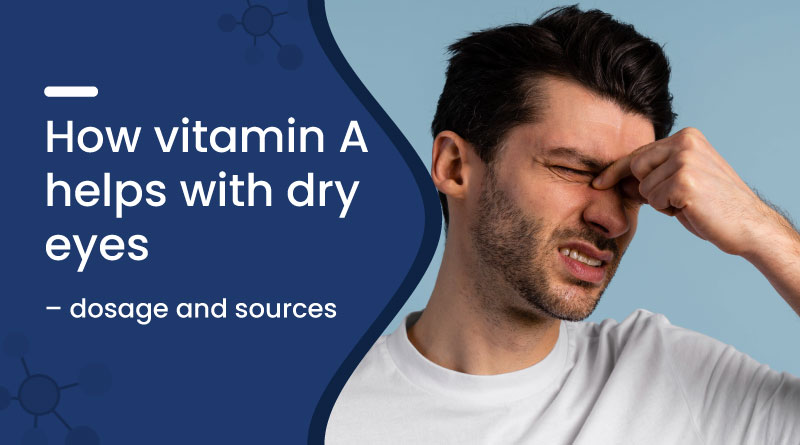

Dry eyes can make everyday tasks uncomfortable and irritating. From screen time strain to environmental triggers, many factors cause dry eyes, but a commonly overlooked reason is a Vitamin A deficiency. Vitamin A keeps eyes moist and healthy.
This blog explains how Vitamin A helps with dry eyes, the recommended dosage, and the best food sources to support long-term relief.
How Does Vitamin A Help with Dry Eyes?
Vitamin A is essential for keeping the eyes lubricated and healthy. It supports the eyelids, tears, and cornea.
Key benefits of Vitamin A for dry eyes:
- Enhances tear production, especially in deficiency-related dry eyes
- Repairs corneal damage caused by dryness or irritation
- Reduces eye inflammation and supports mucous membrane health
- Prevents infections by strengthening the eye’s surface
In chronic dry eye cases, Vitamin A acts as a hydration matrix, helping retain moisture in the tear film and offering long-term comfort.
What Are the Symptoms of Dry Eyes Caused by Vitamin A Deficiency?
Vitamin A deficiency often leads to noticeable symptoms, such as:
- Persistent dryness or burning sensation
- Gritty or foreign body sensation
- Blurry vision that worsens over the day
- Red, irritated, or watery eyes
- Sensitivity to light
- Night blindness in severe cases
Identifying these signs early can help prevent further damage to the eye’s surface.
What Is the Recommended Dosage of Vitamin A for Dry Eyes?
The Recommended Dietary Allowance (RDA) of Vitamin A depends on age, sex, and health conditions:
| Group | Recommended Daily Intake |
|---|---|
| Adult men | 900 mcg/day (3,000 IU) |
| Adult women | 700 mcg/day (2,333 IU) |
| Pregnant women | 770 mcg/day |
| Breastfeeding women | 1,300 mcg/day |
| Children | 300–600 mcg/day (age-dependent) |
Therapeutic use for dry eyes may involve slightly higher doses (2,000–5,000 IU/day), but long-term high intake should only be done under medical supervision.
What Are the Best Dietary Sources of Vitamin A for Dry Eyes?
Vitamin A can be obtained from both animal-based and plant-based foods:
Animal-based sources (Preformed Vitamin A – Retinol):
- Liver (chicken, beef)
- Eggs
- Butter
- Cheese
- Whole milk
Plant-based sources (Provitamin A – Beta-carotene):
- Carrots
- Sweet potatoes
- Spinach
- Kale
- Pumpkin
- Mangoes
- Red bell peppers
Tip: Fat-soluble vitamins like Vitamin A are best absorbed with healthy fats (like nuts or olive oil).
Can You Rely on Food Alone to Treat Dry Eyes?
In most cases, a balanced diet rich in Vitamin A-rich foods can prevent and improve dry eyes. However, for those with absorption issues, dietary limitations, or severe deficiency, professional guidance is necessary.
What Precautions Should You Take When Using Vitamin A for Dry Eyes?
While Vitamin A is crucial, overconsumption can be harmful. It’s important to stay within safe limits, especially with supplements or fortified foods.
Precautions:
- Avoid exceeding 10,000 IU/day without a doctor’s supervision
- Pregnant women should avoid high doses due to birth defect risks
- Be cautious if combining multiple supplements (multivitamins, fortified foods)
- Watch for toxicity signs: headache, nausea, dizziness, blurred vision
Frequently Asked Questions
Q. Can Vitamin A deficiency alone cause dry eyes?
A. Yes, it's a major cause. The lack of Vitamin A reduces tear secretion and affects the eye’s protective lining.
Q. How quickly does Vitamin A improve dry eyes?
A. Mild cases may improve in 1–2 weeks with proper intake. Chronic conditions can take longer and require continuous management.
Q. Can I take Vitamin A daily?
A. Yes, if within the recommended dose. Excessive intake can cause toxicity.
Q. What’s better – animal or plant sources of Vitamin A?
A. Both are beneficial. However, animal sources provide active Vitamin A, while plant sources (beta-carotene) need to be converted by the body.
Q. Can children benefit from Vitamin A for dry eyes?
A. Yes, but their intake must be age-appropriate. Always consult a pediatrician for correct dosing.
Conclusion
Vitamin A helps restore tear film stability, reduce irritation, and repair surface damage. Whether you include it through vegetables like carrots and spinach or animal sources like eggs and milk, getting enough Vitamin A can make a real difference in your eye comfort and long-term vision health.

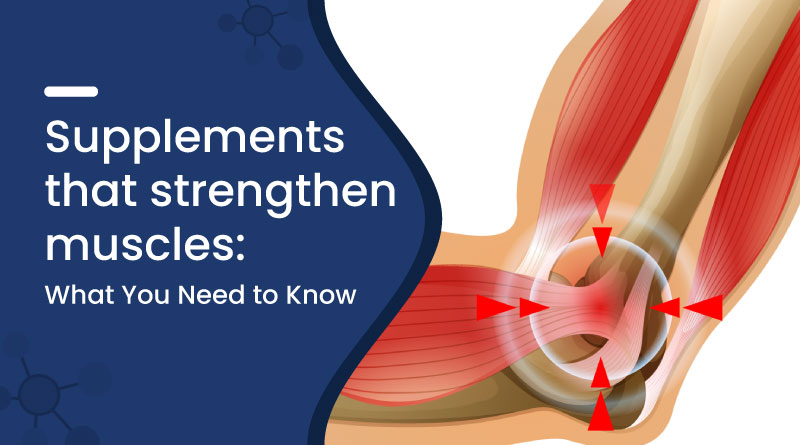


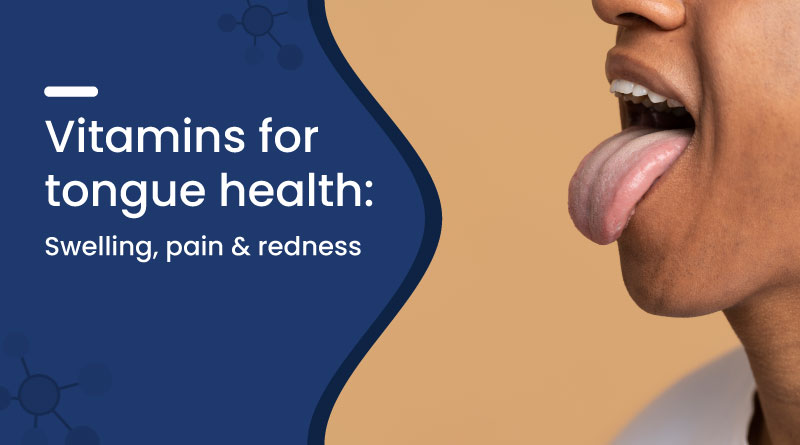
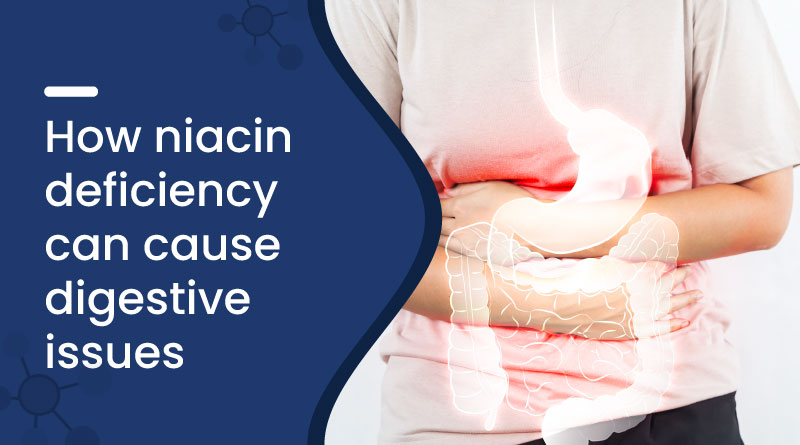
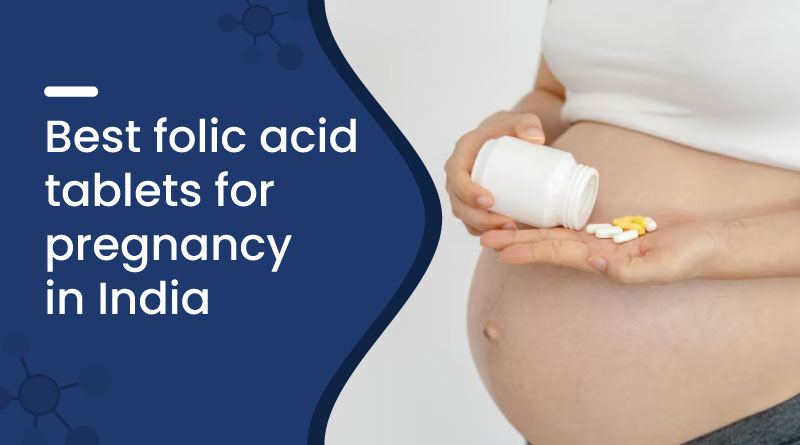

 Added!
Added!